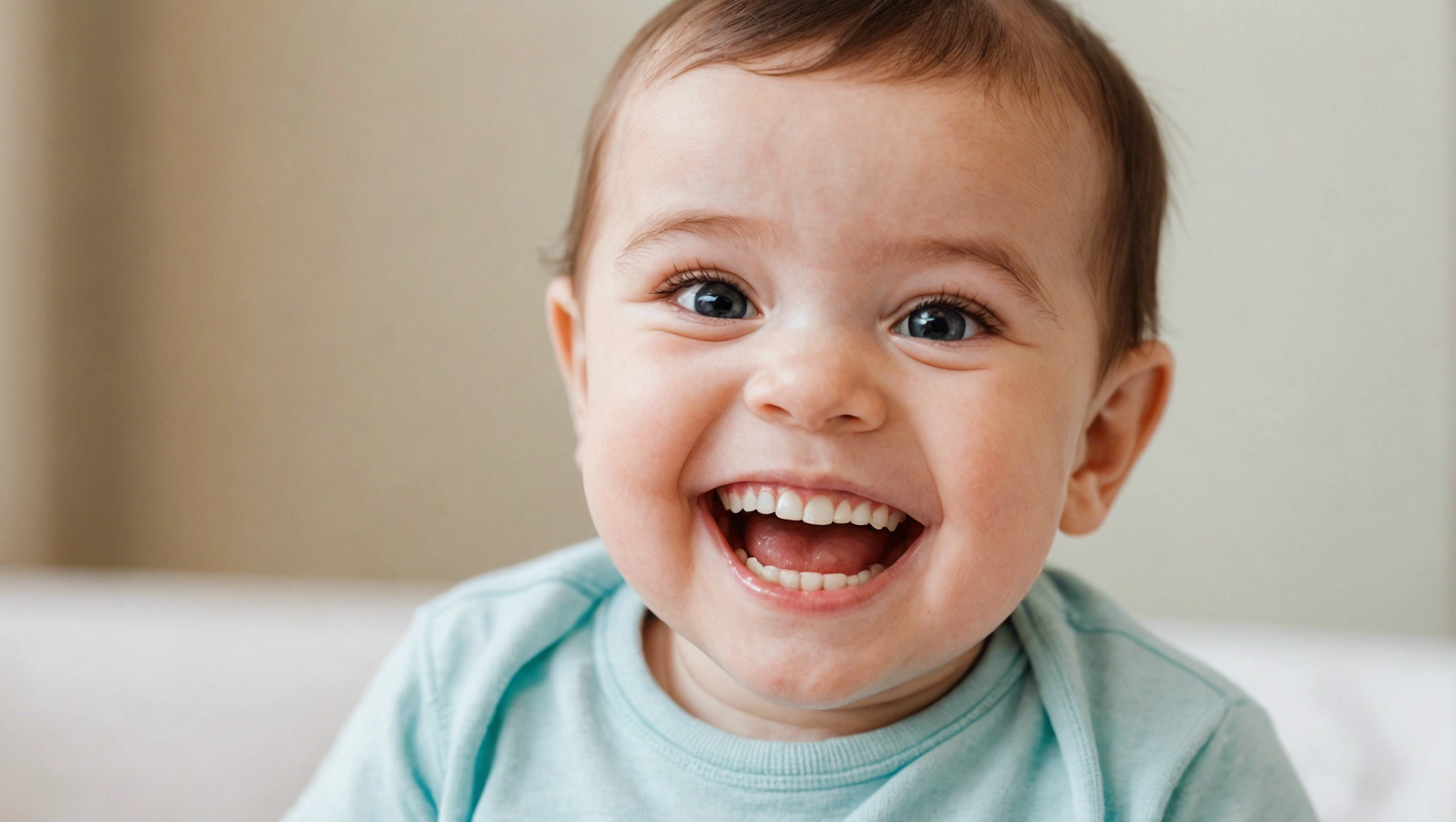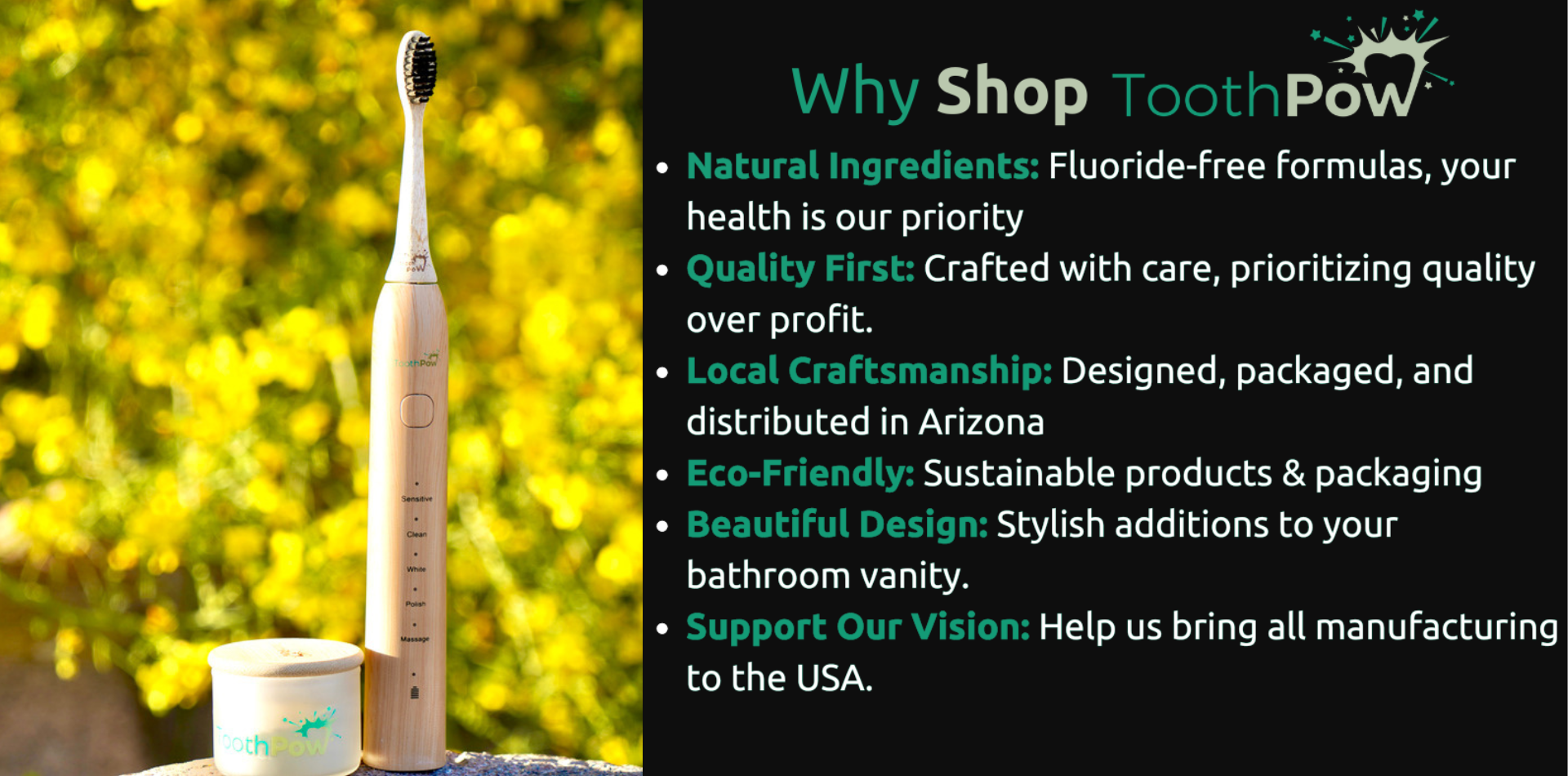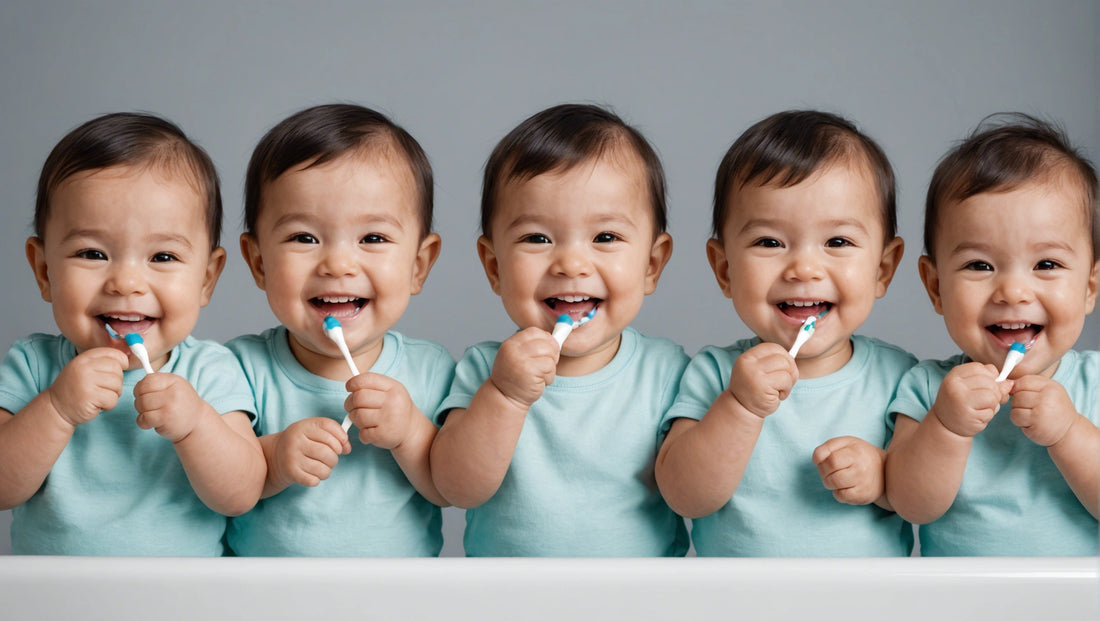Introduction
As a parent, ensuring the health and well-being of your child is your top priority, and this includes their oral health. Cleaning your baby's teeth may seem daunting at first, but establishing good oral hygiene habits early on is crucial for preventing tooth decay and promoting overall health. This article provides practical tips and guidance for parents on how to clean their baby’s teeth effectively, addressing common concerns and challenges along the way.
Why Cleaning Baby Teeth is Important
Preventing Early Tooth Decay (Baby Bottle Tooth Decay)
Early tooth decay, often referred to as baby bottle tooth decay, can occur when a baby's teeth are frequently exposed to sugary liquids, such as milk, formula, or fruit juice. Cleaning your baby’s teeth regularly helps prevent the buildup of plaque, which can lead to cavities and other dental problems.
Establishing Good Oral Hygiene Habits Early
Starting oral hygiene practices early helps establish good habits that can last a lifetime. Teaching your baby to be comfortable with regular tooth cleaning sets the foundation for a healthy oral care routine as they grow older.
Impact on Speech Development and Overall Health
Healthy teeth are essential for proper speech development and overall health. Dental problems can cause pain, affect eating and nutrition, and even impact a child's self-esteem. By maintaining good oral hygiene, you can help ensure your baby’s overall well-being.
When to Start Cleaning Your Baby’s Teeth
Cleaning Gums Before Teeth Appear
It’s important to start cleaning your baby’s gums even before their first tooth appears. Wipe their gums with a clean, damp cloth or a soft silicone finger brush to remove any milk residue and bacteria. This helps keep their mouth clean and prepares them for brushing once their teeth start to come in.
Starting as Soon as the First Tooth Erupts
Begin brushing your baby’s teeth as soon as the first tooth erupts, usually around six months of age. Use a small, soft-bristled toothbrush designed for infants and a smear of fluoride-free toothpaste to gently clean their teeth.
Recommended Age Milestones for Dental Care
0-6 Months: Clean gums with a damp cloth.
6-12 Months: Begin brushing as soon as the first tooth erupts.
12 Months: Schedule the first dental visit around the child’s first birthday.
For more tips on early oral care, visit ToothPow’s oral health blog.

Tools You Need for Cleaning Your Baby’s Teeth
Soft-Bristled Baby Toothbrush
Choose a toothbrush with soft bristles and a small head, designed specifically for infants. This ensures gentle cleaning without damaging delicate gum tissue.
Silicone Finger Brush
A silicone finger brush fits over your finger and allows you to gently clean your baby’s gums and teeth. It can be especially useful during the teething phase.
Fluoride-Free Baby Toothpaste
Select a fluoride-free toothpaste designed for babies. These toothpastes are safe if swallowed and often come in flavors that appeal to young children.
Clean, Damp Cloth
A clean, damp cloth is useful for wiping your baby’s gums before teeth appear and for cleaning the mouth after feedings.
Step-by-Step Guide to Cleaning Your Baby’s Teeth
How to Clean Your Baby’s Gums
Wash your hands thoroughly.
Wrap a clean, damp cloth around your finger.
Gently rub your baby’s gums, tongue, and inside of the cheeks to remove any milk residue and bacteria.
Brushing Your Baby’s First Teeth
Use a small, soft-bristled toothbrush.
Apply a smear of fluoride-free toothpaste (about the size of a grain of rice).
Gently brush the front, back, and top surfaces of your baby’s teeth using small, circular motions.
Be sure to brush the gum line gently to prevent plaque buildup.
Proper Technique for Using a Baby Toothbrush and Toothpaste
Hold your baby securely in your lap or in a comfortable position.
Use a small amount of toothpaste and ensure the bristles are soft and moist.
Brush all surfaces of the teeth and along the gum line gently.
Encourage your baby to spit out the toothpaste, but don’t worry if they swallow a small amount.
Tips for Making the Process Enjoyable for Your Baby
Sing a song or talk to your baby to keep them calm and entertained.
Allow your baby to hold the toothbrush and explore it before you start brushing.
Make brushing a part of your daily routine to create consistency.
Tips for Overcoming Common Challenges
Handling Teething Discomfort
Teething can make your baby’s gums sore and sensitive. Use a teething ring or a cold, wet washcloth to soothe their gums before brushing.
Dealing with a Fussy Baby
If your baby is fussy during brushing, try to make the experience as gentle and soothing as possible. Distractions like a favorite toy or a song can help.
Encouraging Cooperation During Brushing
Make brushing a fun and interactive activity. Praise your baby for their cooperation and make it a positive experience.
Creating a Consistent Routine
Establish a regular brushing routine, preferably after meals and before bedtime. Consistency helps your baby get used to the practice.
For more strategies on overcoming common challenges, check out ToothPow’s guide to baby dental care.

When to Schedule Baby’s First Dental Visit
Recommended Age for the First Dental Visit
Schedule your baby’s first dental visit by their first birthday or within six months of the first tooth erupting. Early dental visits help catch potential issues early and get your baby accustomed to the dental office.
What to Expect During the First Visit
The dentist will examine your baby’s teeth and gums, provide guidance on oral care, and address any concerns you may have. The first visit is often brief and designed to make your baby comfortable with the dental environment.
Importance of Early Dental Check-Ups
Early dental visits help prevent tooth decay, monitor oral development, and establish a relationship with your dentist. Regular check-ups are essential for maintaining your baby’s oral health.
FAQs About Baby Dental Care
How Often Should I Clean My Baby’s Teeth?
Clean your baby’s teeth twice a day, once in the morning and once before bed. Consistent cleaning helps prevent plaque buildup and tooth decay.
Is Fluoride Toothpaste Safe for Babies?
For babies under three years old, use a fluoride-free toothpaste. Once your child can spit out the toothpaste, you can switch to a fluoride toothpaste if recommended by your dentist.
What Should I Do If My Baby Resists Tooth Brushing?
If your baby resists tooth brushing, try to make the experience more enjoyable by singing songs, using a favorite toy, or letting them hold the toothbrush. Be patient and consistent, and consult your dentist for additional strategies if needed.
Conclusion
Cleaning your baby’s teeth is an essential part of their overall health and well-being. By starting early and making the process a positive experience, you can help establish good oral hygiene habits that will last a lifetime. Remember to use the right tools, follow proper techniques, and schedule regular dental visits to ensure your baby’s teeth and gums stay healthy.
For more tips and products to help maintain your baby’s oral health, visit the ToothPow website.

